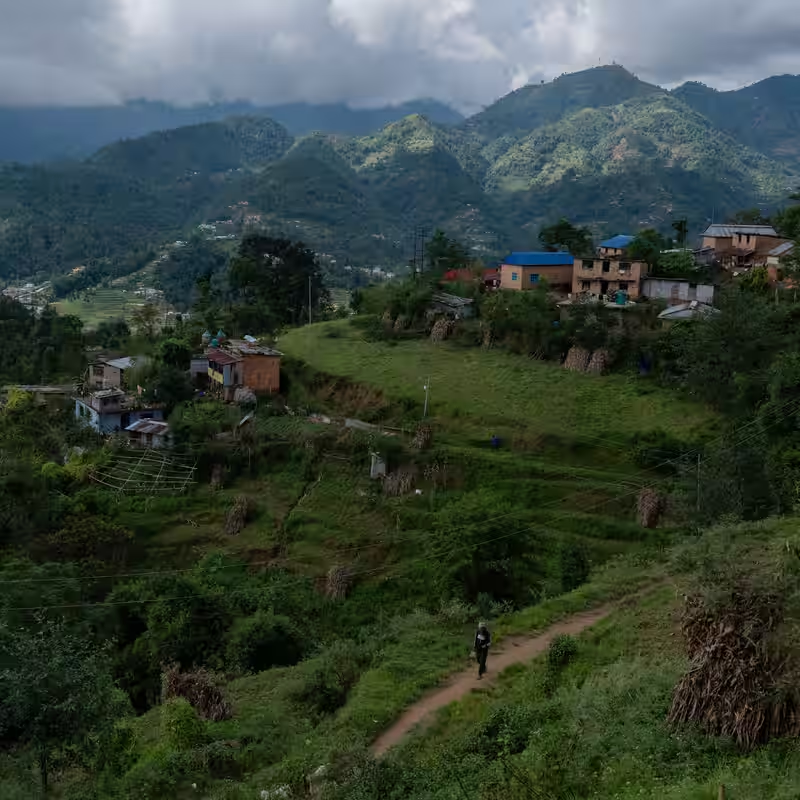Table of Contents
- A Generation With No Future?
- From Protests to Passports
- The Dubai Dream
- Baristas Over Bureaucrats
- Corruption and Crisis
- Sources
A Generation With No Future?
In the misty hills of Chamkhar, Nepal, 22-year-old Rajendra Tamang gazes out at golden cornfields and snow-capped Himalayan peaks—but sees no future. Like thousands of his peers, he’s concluded that staying in Nepal means accepting stagnation, if not despair. For Nepal’s Gen Z, hope isn’t found in hometowns or classrooms. It’s stamped in passports.
From Protests to Passports
The recent youth-led protests that shook Kathmandu weren’t just about a social media ban—they were a cry of frustration from a generation suffocated by economic collapse, systemic corruption, and vanishing opportunities. While headlines focused on TikTok restrictions, the real issue simmering beneath was far deeper: a broken promise of upward mobility.
“You have to get out,” Tamang says plainly. And he’s not alone. Across Nepal, young people—from college grads to high school dropouts—are lining up at foreign employment agencies, visa centers, and language schools, all chasing one goal: escape.
The Dubai Dream
Two years ago, Tamang left for Dubai. He worked 16-hour days as a cleaner, warehouse hand, and office peon—jobs considered menial, but which paid four times what he could earn in Nepal. Exhausted but determined, he noticed something during his rare days off: baristas in Dubai malls earned respect, steady wages, and even tips.
That observation sparked a plan. He returned to Nepal not to stay, but to upskill. Today, he’s mastering espresso shots and latte art in a Kathmandu café, betting that a barista certificate will be his golden ticket back abroad—not as a laborer, but as a skilled worker.
Baristas Over Bureaucrats
This shift reflects a broader trend: Nepal’s youth are redefining success on their own terms. Rather than compete for scarce government jobs or navigate a nepotistic private sector, many are investing in globally transferable skills—coffee brewing, IT support, hospitality, English fluency.
“I just don’t want to work in Nepal,” Tamang admits. His sentiment echoes in cafes, bus parks, and dorm rooms across the country. For them, dignity isn’t tied to staying home—it’s tied to having options.
Corruption and Crisis
Nepal’s economic woes are no secret. With youth unemployment soaring, inflation biting, and public trust in institutions at an all-time low, the social contract has frayed. Corruption isn’t an exception—it’s the system. And for Gen Z, raised on global internet culture and aware of opportunities elsewhere, this reality is unbearable.
“Sick of corruption” is a phrase repeated like a mantra. Whether in remote villages or urban centers, young Nepalis feel their talents are wasted at home. Going abroad isn’t seen as betrayal—it’s survival.




